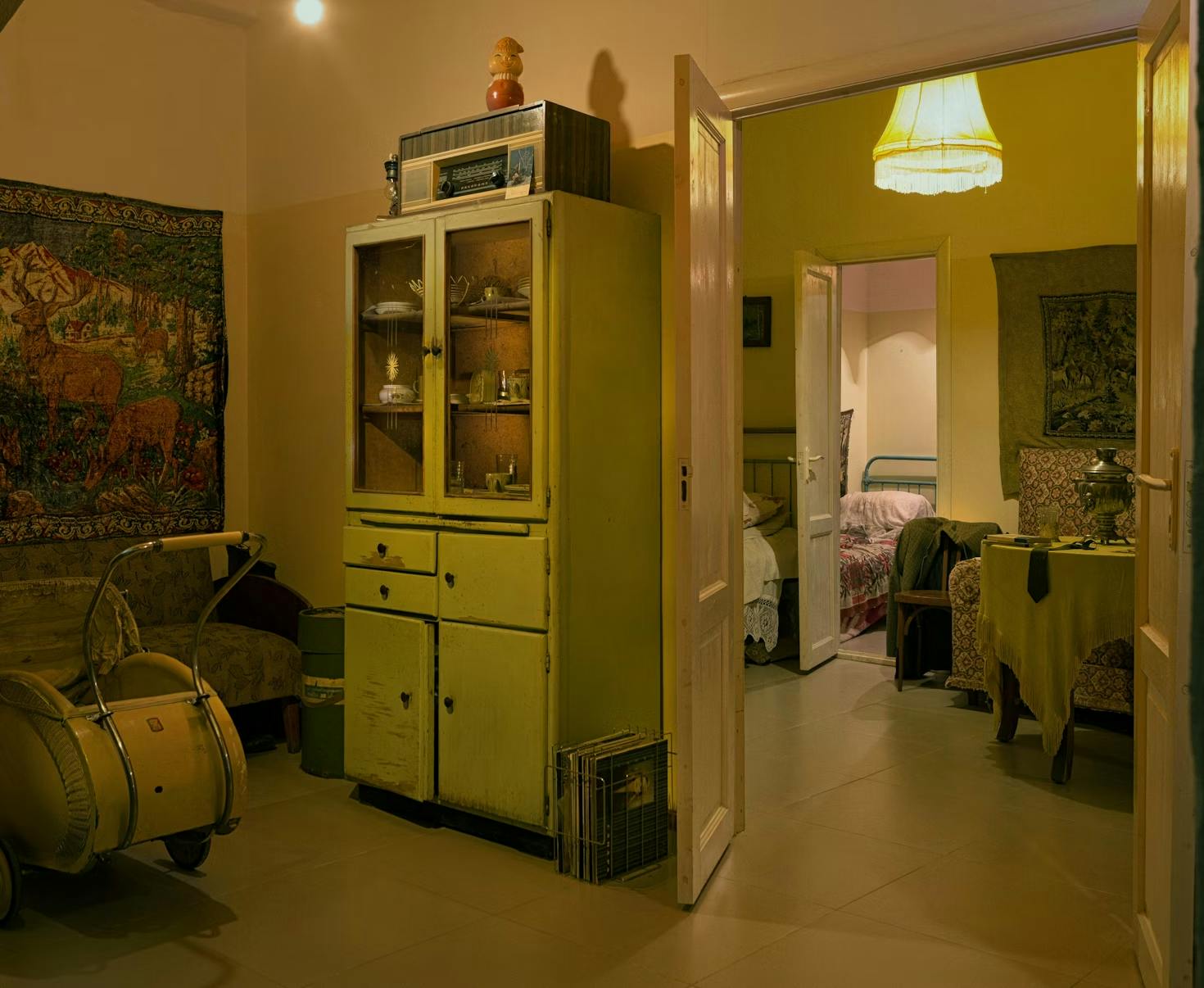The Rise of Smart Homes: How IoT is Transforming Real Estate

Dive into the world of Internet of Things (IoT) and its revolutionary impact on modern homes. From enhanced security to energy efficiency, discover how smart home technology is reshaping the real estate market and changing the way we live.
The concept of a "smart home" has evolved from a futuristic fantasy to an everyday reality. As we move further into the digital age, the Internet of Things (IoT) is revolutionizing the way we interact with our living spaces. This transformation is not just changing how we live; it's reshaping the entire real estate industry. Let's explore how IoT is making homes smarter and what this means for property developers, buyers, and the future of real estate.
What Makes a Home "Smart"?
A smart home uses internet-connected devices to enable the remote monitoring and management of appliances and systems. This can include:
- Smart thermostats
- Intelligent lighting systems
- Advanced security systems
- Voice-activated assistants
- Connected appliances
These devices work together to create a more efficient, comfortable, and secure living environment.
The Impact of Smart Homes on Real Estate
1. Increased Property Value
Properties equipped with smart technology are seeing a significant boost in market value. Buyers are willing to pay a premium for homes that offer enhanced convenience, security, and energy efficiency.
2. Energy Efficiency and Cost Savings
Smart homes are synonymous with energy efficiency. Features like:
- Automated lighting systems
- Smart thermostats
- Energy monitoring devices
These not only reduce utility bills but also appeal to environmentally conscious buyers.
3. Enhanced Security
IoT-enabled security systems offer unprecedented levels of home protection:
- Real-time monitoring
- Remote access control
- Instant alerts to homeowners and authorities
This level of security is becoming a major selling point in the real estate market.
4. Personalized Living Experiences
Smart homes can learn and adapt to the inhabitants' preferences, creating personalized living experiences. This level of customization is highly attractive to potential buyers.
5. Aging in Place
Smart home technology is making it easier for older adults to live independently for longer. Features like fall detection, medication reminders, and easy communication systems are revolutionizing elder care.
Challenges and Considerations
While the benefits are numerous, the rise of smart homes also presents challenges:
- Privacy Concerns: The collection and use of personal data raise important privacy issues.
- Cybersecurity: As homes become more connected, they also become more vulnerable to cyber attacks.
- Interoperability: Ensuring different smart devices work together seamlessly can be challenging.
- Rapid Technological Change: The fast pace of technological advancement can lead to quick obsolescence.
The Future of Smart Homes in Real Estate
As we look to the future, we can expect:
- Greater Integration: Smart home features will become standard in new constructions.
- AI and Machine Learning: Homes will become even smarter, predicting and adapting to residents' needs.
- Sustainable Living: Integration with renewable energy sources will make homes more self-sufficient.
- Health Monitoring: Smart homes will play a bigger role in preventative healthcare and wellness.
Conclusion
The integration of IoT in homes is not just a passing trend; it's a fundamental shift in how we conceive of and interact with our living spaces. For real estate professionals, understanding and embracing this technology is crucial. Smart homes offer an opportunity to differentiate properties in a competitive market, attract tech-savvy buyers, and potentially command higher prices.
As the technology continues to evolve, we can expect smart homes to become increasingly sophisticated, efficient, and integral to our daily lives. The future of real estate is smart, and the transformation is happening right before our eyes.



